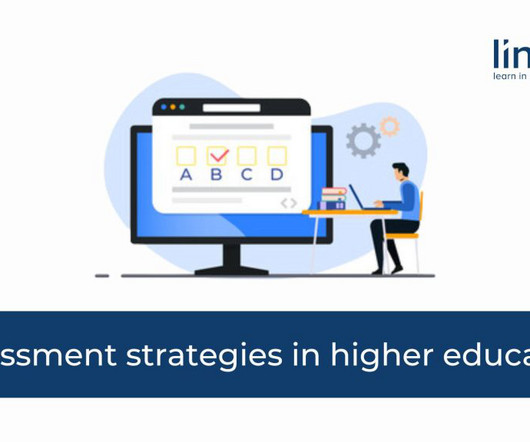A Decade of MOOCs: A Review of Stats and Trends for Large-Scale Online Courses in 2021
Edsurge
DECEMBER 28, 2021
In 2021, two of the biggest MOOC providers had an “exit” event. Ten years ago, more than 300,000 learners were taking the three free Stanford courses that kicked off the modern MOOC movement. I was one of those learners and launched Class Central as a side-project to keep track of these MOOCs.













































Let's personalize your content